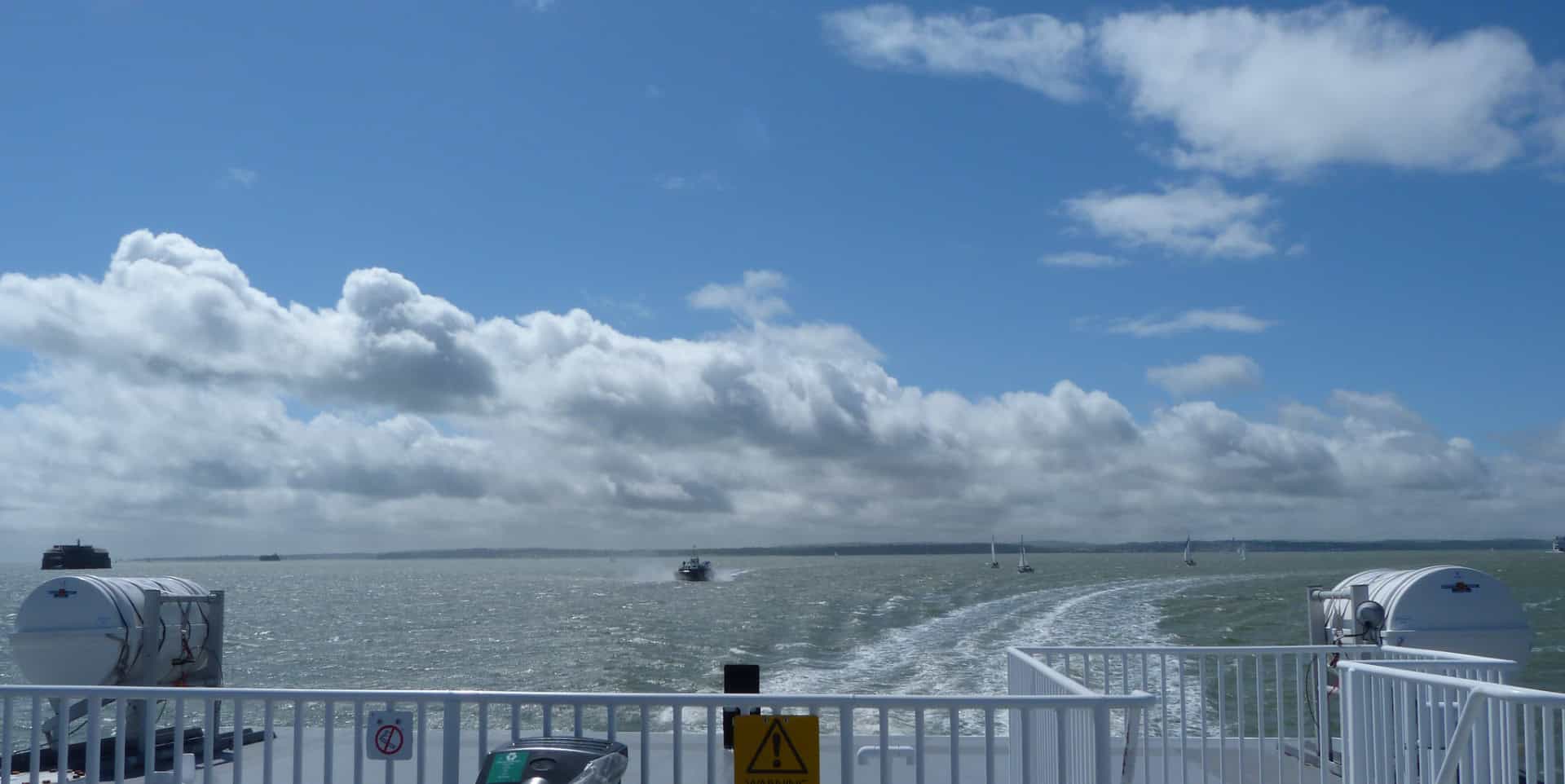News shared by Kim on behalf of Wightlink User Group. Ed
Recent reports published by lobbyists via the Wightlink User Group (WUG) highlight the critical issues of costly and unreliable ferry services with limited competition, private equity ownership, and regulatory gaps in essential infrastructure.
Currently, two private equity-owned operators, Wightlink and Red Funnel, dominate the market, leaving ferry users with few alternatives and enabling these companies to maintain high fares. Unlike publicly subsidised ferry routes in Scotland, the Isle of Wight’s services operate with minimal public investment or oversight.
This results in inflated prices and limited reinvestment into infrastructure.
Private equity ownership
Private equity ownership has further compounded these challenges. In our view, these firms often prioritise short-term profit maximisation through high dividends, while underfunding essential maintenance and improvements. Complex and opaque ownership structures make it difficult to hold operators accountable or ensure their practices align with the public interest.
With South Western Trains scheduled to be returned to public ownership in 2025, WUG are hopeful the Government will recognise the need to review the Island’s essential ferry links to the mainland.
Unreliable ferry services threaten healthcare access
NHS healthcare workers are expected to commute and work between Isle of Wight and Mainland NHS Trusts.
Testimonials gathered by WUG highlight how the issues regarding delays, cancellations and high travel costs are jeopardising healthcare access for patients and disrupting healthcare workers’ commutes.
“A lifeline for the Isle of Wight community”
A WUG spokesperson states,
“Ferry issues are delaying critical treatments, such as cancer therapies, causing missed appointments, emotional strain, and financial hardship for patients who rely on mainland medical services.
“Healthcare professionals face unpredictable schedules and high commuting costs, making staff retention and recruitment increasingly difficult. Emergency situations are particularly vulnerable, with ferry delays posing life-threatening risks when time-sensitive care is needed.
“Dependable ferry services are not just about convenience—they are a lifeline for the Isle of Wight community. The current situation is untenable, putting lives at risk and creating significant burdens on patients and healthcare workers alike. We call on stakeholders to take immediate action to resolve these issues.”
To address these challenges, the WUG is lobbying the ferry operators and the Department for Transport to urgently address increasingly high ferry fares, dynamic pricing, and unreliable services.
Call to Action
The WUG urges ferry operators, local authorities and the Government to improve ferry reliability and scheduling, extend NHS travel discounts to healthcare workers, ensure better accessibility for patients with special needs and to develop emergency transport contingency plans. The recommendations / proposed solutions are:
- Public Investment and Subsidies: Government funding to reduce fares and promote infrastructure reinvestment.
- Regulatory Oversight: Introducing Public Service Obligations (PSOs) to ensure fair pricing, improved service quality, and long-term investment.
- Transparency and Accountability: Requiring ownership transparency and closing tax loopholes to ensure fair contributions from ferry operators.
- Exploring Public Ownership or Partnerships: Transitioning to a model that prioritises affordability and service sustainability over short-term profits.
The population of the Isle of Wight is estimated to be circa 142,290 people. These changes are essential to ensure ferry services meet the needs of healthcare workers, residents and visitors while supporting the Island’s economic and social well-being.
WUG have produced several reports to support these conversations relating to Wightlink, which can be found on the WUG website.
Additional reports relating to Red Funnel are in the process of being collated.





